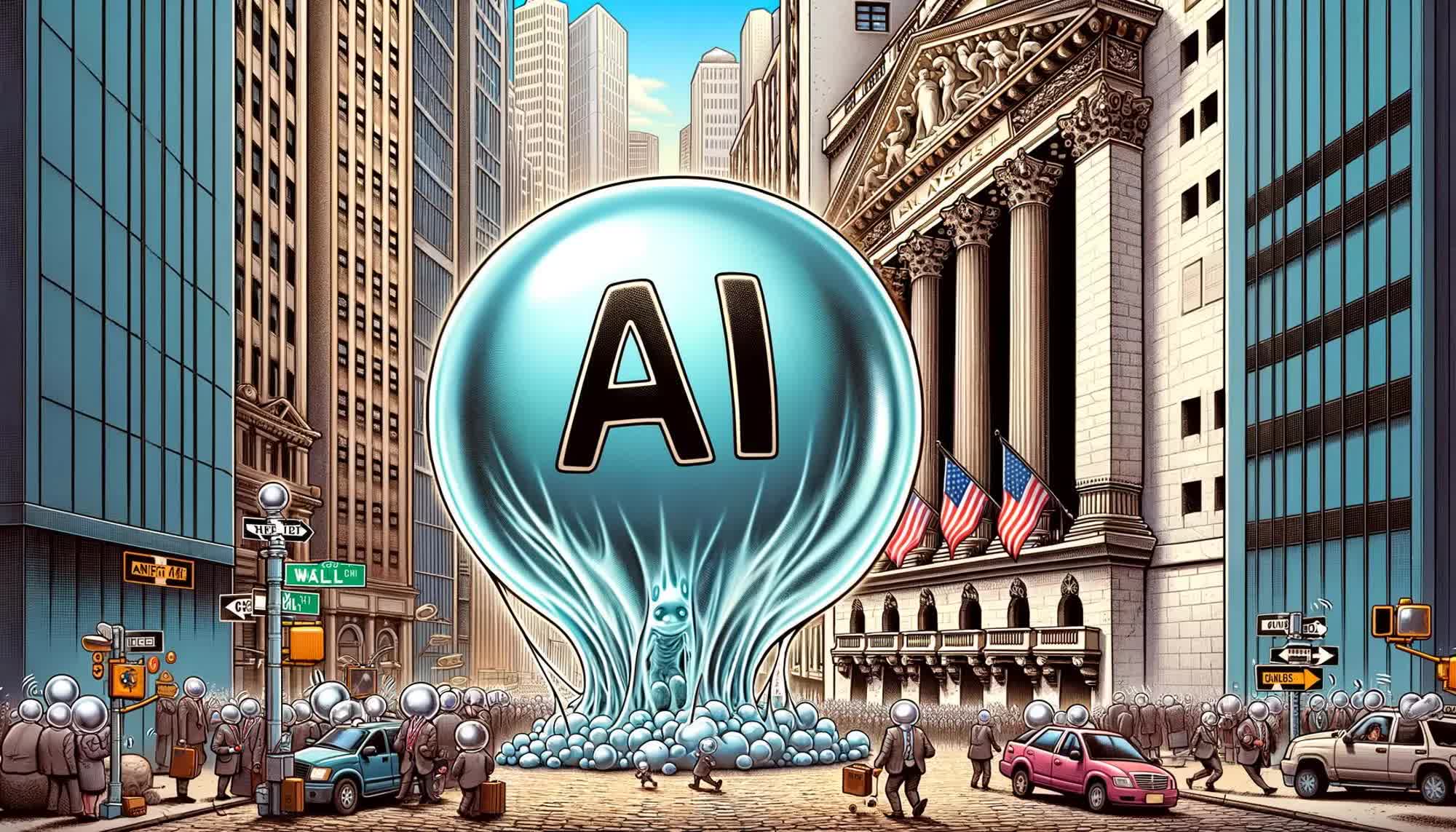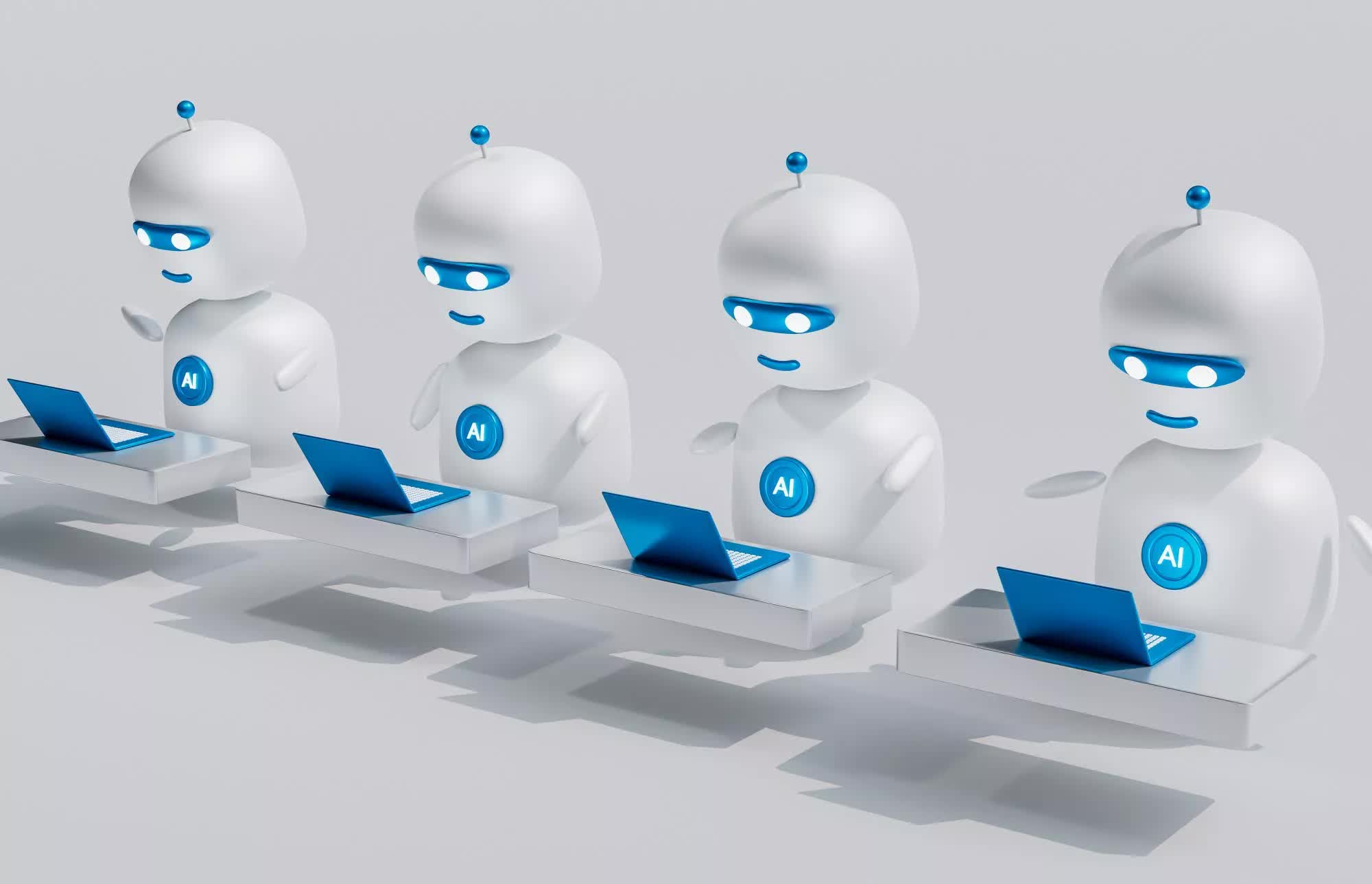Editor's take: Customer care has become one of the most notorious business failures of the digital age, and everyone knows it. Now, artificial intelligence threatens to take this horror show of impersonal, unreliable service to a whole new level.

Within a couple of years, 50 percent of the organizations that had planned to replace their customer service personnel with AI models are expected to reverse their decision. According to a recent survey from Gartner, the original goals were overly ambitious – and ultimately unachievable. The transition to an AI-focused business world is proving to be far more challenging than initially anticipated.
In March 2025, the US research firm surveyed 163 leaders in the customer service and support industry. Nearly all respondents (95 percent) now say they plan to retain human workers while "strategically" evaluating what role AI technologies can realistically play within their organizations.
Kathy Ross, senior director analyst at Gartner, noted that while AI has the potential to transform customer service, it is not a miracle solution. Human interaction is still essential in many situations, especially when customers reach the end of a frustrating experience and need real help with a newly purchased product that isn't working as expected.

Gartner now views AI services as a complement to – rather than a replacement for – human interactions. "As the landscape of customer service continues to evolve, integrating AI with human capabilities is essential," the company stated.
Despite this shift in perspective, some high-profile companies are still moving forward with plans to lay off thousands of customer service workers and replace them with generative AI technologies. But according to Gartner VP Analyst Brian Weber, many of these initiatives are not going as planned, for a variety of reasons.
Executives are rapidly embracing AI in hopes of achieving massive cost savings, but they often underestimate the true costs involved in deploying and maintaining these technologies. Generative AI, Weber noted, is no smarter than a brick, and its implementation can result in a high total cost of ownership that may ultimately outweigh any expected savings.
People just want to talk to other people on the phone, Weber said, adding that many customers now fear AI will block their access to human support. In fact, 51 percent of customers said they trust human agents to resolve their issues, while just seven percent place the most trust in AI. According to Weber, AI-only contact centers remain both technically unfeasible and undesirable from the customer's perspective.
Half of companies planning to replace customer service with AI are reversing course